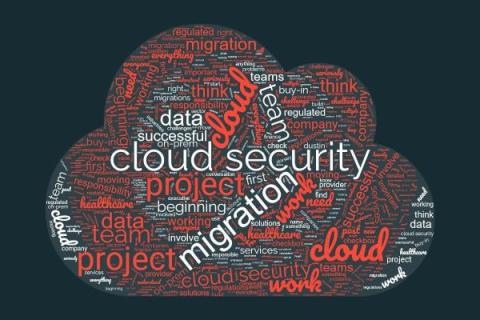How to get your security team on board with your cloud migration
To find out more about cloud migrations, the pitfalls that await the unwary, and what the security implications are, I recently sat down with Dustin Dorsey, Systems & Data Architect at Biobot Analytics, based in Cambridge, MA. In the first post in this series, we talked about cloud providers being responsible for security ‘of’ the cloud, while their clients are responsible for security ‘in’ the cloud.





